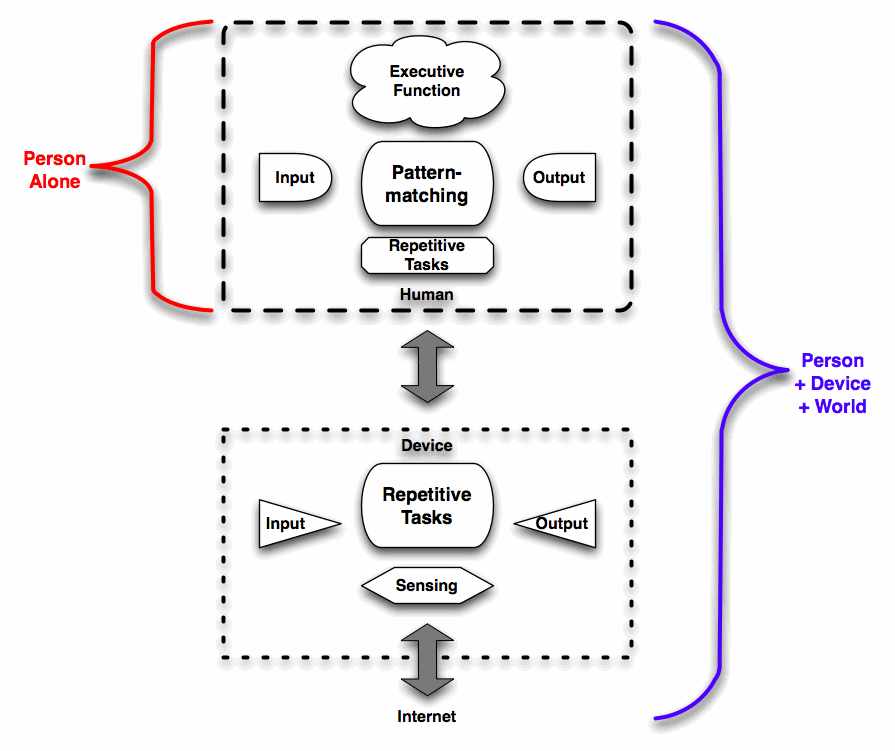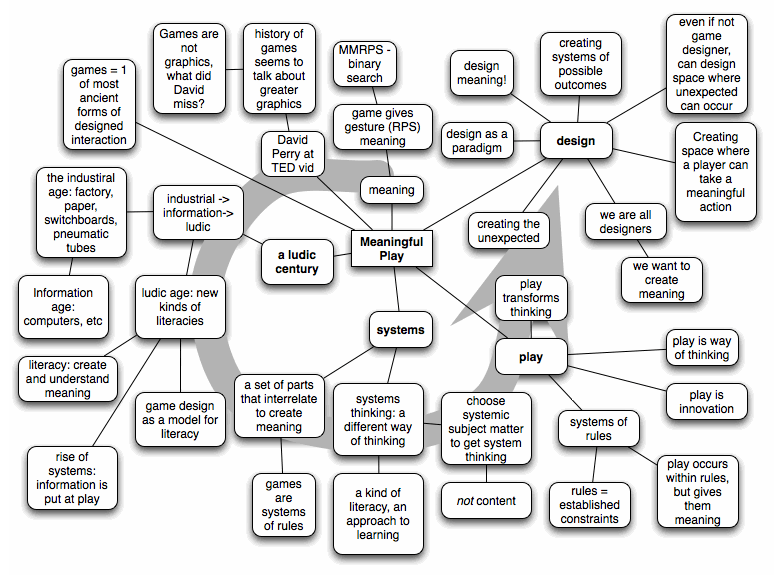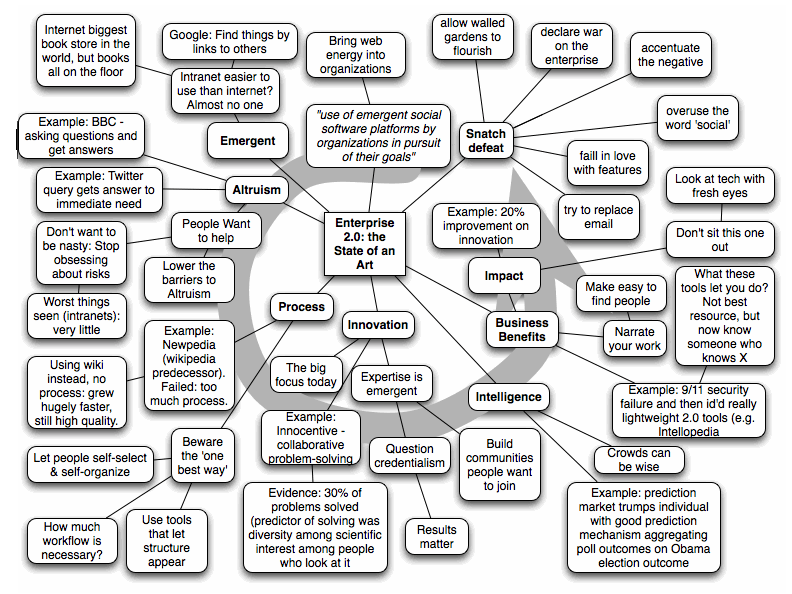I just downloaded a couple of new apps onto my iPhone. Okay, so one was a free trial of a game, but the other was a really interesting offering, and it led to some thoughts about organizational silos and new functionality.
The app was a new release by ATT called Mark the Spot, that lets you report the occurrence and location of a problem with your coverage. This is a new way to interact with customers, allowing them to serve as a agent of “can you hear me now”-style coverage evaluation. Given that they’ve just turned up as the lowest rated carrier of the major four here in the US, according to leading consumer champion Consumer Reports, it’s a step in the right direction.
Now this is an instance of considering a broader reach of engagement in our conversations tapping into collective intelligence. As I’ve been learning with my colleagues in the Internet Time Alliance, tapping into collective intelligence goes beyond conversations internally to include partners and customers. It’s also a broader interpretation of learning, in the senses that I argue we need to consider, including problem-solving, innovation, etc. And it’s mobile.
So here’s the question I pondered: is this tech support? Marketing? And what occurred to me is that it just isn’t really easy to categorize. It’s a dialog with the customer, gathering data about coverage, which could be seen as market research. They can also extend it via a call into a issue resolution exercise (ok, so the app doesn’t really make the call for you but could and should: “click to send the data and be connected to a representative”) . You could even bake in some trouble-shooting support as a performance support exercise.
The approach, and the potential, crosses boundaries in terms of the benefits and how it must be supported organizationally. We’re beginning to see a new notion of mashup that combines functionalities that might normally be seen in separate organizational areas, but from a customer perspective, they’re linked. And we’re seeing a hybrid of communication capabilities, linking the data capabilities of an app with voice, and even media files (e.g. some trouble-shooting information).
Around 1999, the CEO of Cisco, John Chambers, opined that elearning was going to be so big that email would seem like a rounding error. I think that it’s not just about education over the internet, but it’s really about the broader picture of learning including performance support, social learning, and it’s not just the desktop internet, but it’s mobile apps, and more. The full performance ecosystem isn’t just within the organization, but it’s external as well. It’s what your company builds for you, what your ‘providers’ build for you (device, service, etc), and, ultimately, how you integrate that into your personal learning network.
The implications are huge. How to organizations realign to make meaningful information environments for their employees, partners, and customers? How do we skill up society to take advantage and shape this environment for the benefit of all? And how do we develop ourselves to manage and optimize the environment to help us achieve our goals?
I think we are seeing an inflection point that will trump email, but it’s not about education, it’s about the broad intersection between people’s goals and our technology infrastructure. And our role in that, as designers of learning experiences and performance ecosystems. We have a fair bit of understanding of cognition and social interaction, and increasing experience with different technology capabilities. Now it’s time to put that all to work to start creating meaningful new opportunities. Who’s game?
 If we look at our human capabilities, we’re very good pattern matchers, but pretty bad at exercising rote performance. So we can identify problems, and strategize about solutions, but when it comes to executing rote tasks, like calculation, we’re slow and error prone. From the point of the view of a problem we’re trying to solve, we’re not as effective as we could be.
If we look at our human capabilities, we’re very good pattern matchers, but pretty bad at exercising rote performance. So we can identify problems, and strategize about solutions, but when it comes to executing rote tasks, like calculation, we’re slow and error prone. From the point of the view of a problem we’re trying to solve, we’re not as effective as we could be.
